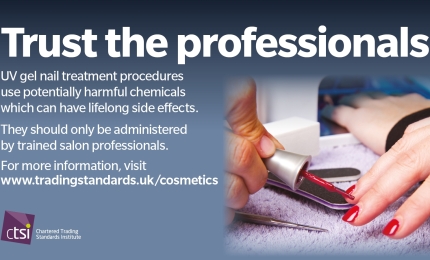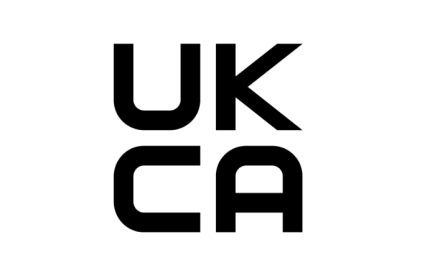Find us on...
A public consultation by the UK Government on the use of plastic microbeads in cosmetic products and other consumer goods was launched at the end of December 2016. This followed its announcement in September 2016 to ban the use of plastic microbeads in cosmetic products that are likely to reach the marine environment and could cause harm.
CTPA has responded to the public consultation highlighting the following key points:
- The ban must be based on scientific evidence of risk to the marine environment.
- Only rinse-off cleansing and exfoliating products have been associated with marine litter.
- Since October 2015, the cosmetics industry across Europe has taken voluntary action to remove plastic microbeads from rinse-off cleansing and exfoliating personal care products. Although some companies were taking action ahead of this date.
- Other ingredients and ingredients in leave-on cosmetic products have not been shown to contribute to marine litter.
- Action taken should demonstrate a clear benefit to the marine environment whilst meeting the principles of Better Regulation and proportionality.
With regard to the Government gathering evidence to inform future UK action on marine microplastic pollution:
CTPA agrees that there are multiple sources contributing to the presence of microplastics in the marine environment. Plastic microbeads from cosmetic and personal care products provide a very minor contribution to the marine plastic litter.
The cosmetics industry has already acted voluntarily to remove solid plastic microbeads from rinse-off exfoliating and cleansing products.
We welcome the Government's commitment to addressing plastics pollution on a wider basis and to understanding the scale of the problem. We look forward to hearing how Government proposes to tackle those sources known to be major contributors to marine plastic pollution.
The cosmetics industry, through CTPA, is committed to working with marine conservation organisations to determine whether other ingredients questioned by such organisations represent a risk to the marine environment.
For more information, please see:
- Plastic microbeads - in depth
- Cosmetics Europe membership survey
- All about plastic microbeads












